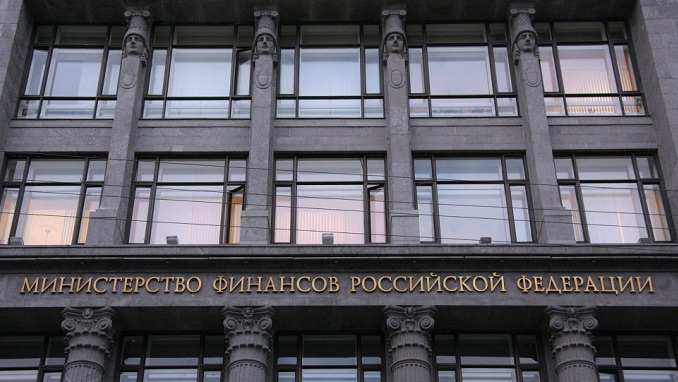Russia’s Ministry of Finance proposed to specify the rules for taxation of income of foreign organizations from interest on debt obligations of organizations and individual entrepreneurs from Russia.
The proposal is to amend Article 309 of the Tax Code, which, among other things, includes interest income on the debt obligations of Russian organizations as taxable income of foreign organizations from Russian sources. At the same time, the list of passive incomes subject to Russian tax at the source is open – in the article, in addition to listing specific types of income, there is a reference to “other similar income”, experts point out.
“The question of what constitutes a “similar” income creates preconditions for disputes with the tax authorities, and the more certain the law is, the better.” Vladimir Voinov, a leading lawyer of the Pepeliaev Group law firm, commented on the initiative.
According to Russian laws, the standard tax rate on interest payments abroad is 20%, paid by the source of such income – a Russian person. At the same time, the rate can be reduced under an agreement on the avoidance of double taxation down to zero, says Denis Khramkin, senior lawyer of tax practice at the law firm Bryan Cave Leighton Paisner.
Now, the Ministry proposes to indicate in article 309 of the Tax Code of the Russian Federation that the borrowers who may be obliged to pay the Russian tax at the source include individual entrepreneurs (IE) and permanent missions of foreign organizations whose debts arose in connection with their activities in Russia.
“From January 1, 2020, the obligation to withhold tax on the income of foreign organizations has already been established for individual entrepreneurs. This obligation was included in the Tax Code of the Russian Federation, but they did not take into account that with interest income, the Tax Code of the Russian Federation directly mentions only income on debt obligations of Russian organizations. Now, this ambiguity has been proposed. eliminate in the text of the law” Voinov explained.











